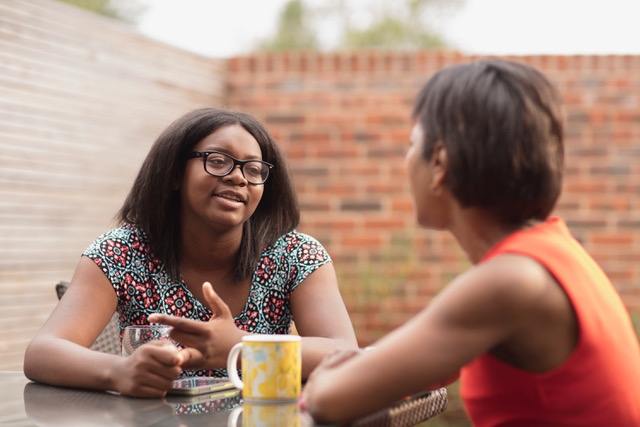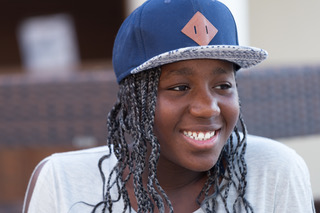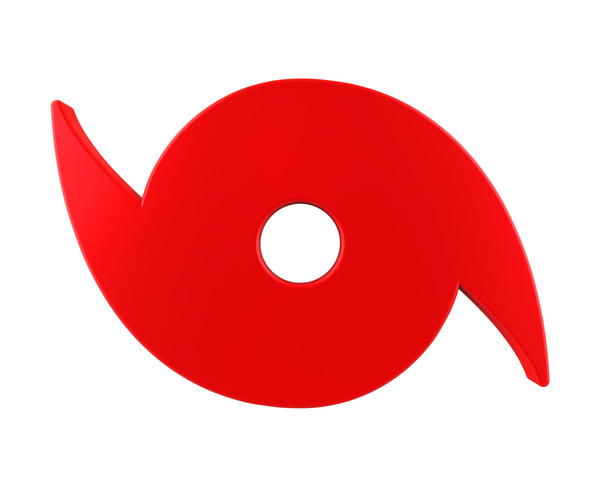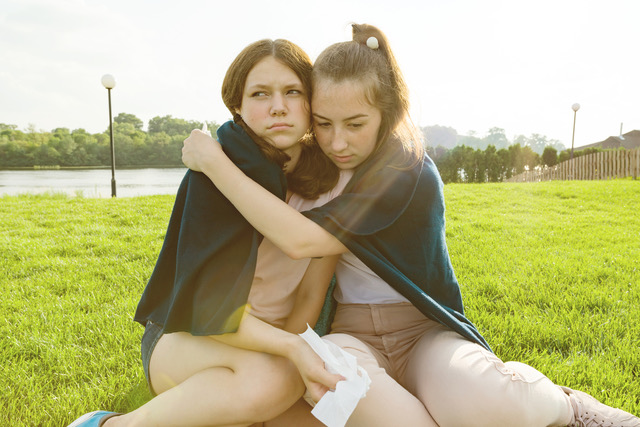What do you want for your life?
There’s something exciting about a new beginning, something which encapsulates the tenderness of youth, something which holds promise and therefore, refreshes and invigorates the spirit.
No wonder the New Year marks a time when so many of us make resolutions, particularly ones around weight loss and wealth acquisition and so on. The trouble with this, however, is that as the year matures, the resolutions mature as well, feel a bit yesterday, if you will. In short, they don’t materialise.
Admittedly, I have never been big on the hype and pressure around making New Year’s resolutions, not because I am a kill joy contrary to some belief, but because I tend to be more of a realist than an idealist.
Ideally it sounds great to kick all the bad habits I have acquired throughout the year in January, but can I really do it? Unlikely! Over the years, I have taken a tip from the story of creation. For nearly five years now, I have enjoyed a daily reading called the Bible In One Year (BIOY) with commentary by Nicky Gumbel, vicar of Holy Trinity Brompton where I happen to belong as member, and though I love reading most Bible stories, the first ones are amazingly uplifting and refreshing.
I say that because when God created humankind in particular, He was clear about what He wanted for us and when it didn’t quite go to plan, He had a strategy to get things back on track—my take on the things, not Nicky’s or sound theology, so do bear with.
It is sort of like new parents deciding what they want for their baby’s life, not only from day to day, but from month to month and from year to year and setting goals to achieve their dreams and desires, not waiting for the last hour to decide. Certainly, along the way, things fall to the wayside and sometimes don’t go as planned but they don’t leave it to the pulse of the moment, New Year’s Eve or Day, to resolve, to make adjustments, to get back on track.
They think about health and wealth, hopefully not obsessively, throughout the year and often use a new beginning such as the New Year or a birthday to reflect, to assess, to celebrate, to launch the next phase in life.
I have found this approach hugely gratifying in both my personal and professional life. From a personal standpoint, it’s all about well-being with the underlying question to do with what do I want for myself? And that which I can control, I stay in the driver’s seat as much as possible. I run, I train, I keep good company and eat well most of the time and when I don’t, well, I reflect, assess and get on with the next phase. And that which I don’t control, I pray about it and try to give it the perspective that it deserves, which is a good segue to what’s on the agenda professionally.
Same underlying question—what do I want for UIO in 2019? Naturally, I would have pondered this question long before these fresh few days in January and am delighted to say that there is so much brewing for UIO in 2019, all to do with the well-being of teen girls throughout the world.
Later this year, we launch a new campaign to do with reclaiming the teen girl space. Exciting, yeah! And lots of other good things on the horizon with a view to help carve a better quality of life for our girls. So watch this space and keep listening to our podcasts, which all offer opportunities to reflect, to assess, to celebrate, to launch the next phase in your life. Meanwhile, wishing you all that you want for your life in 2019. Happy New Year!









